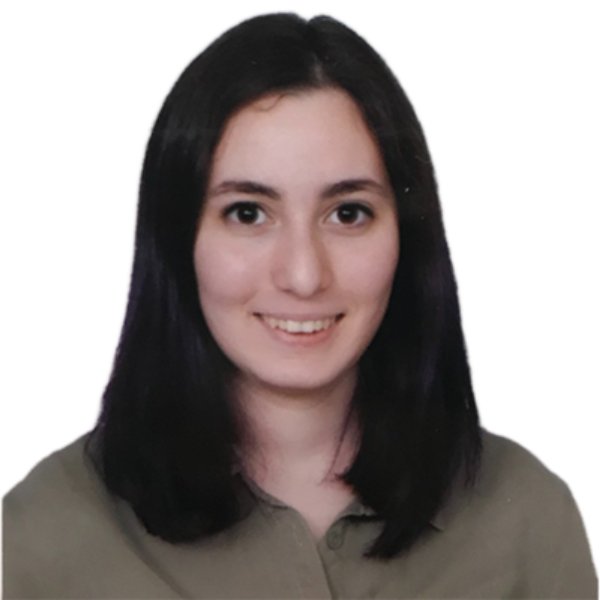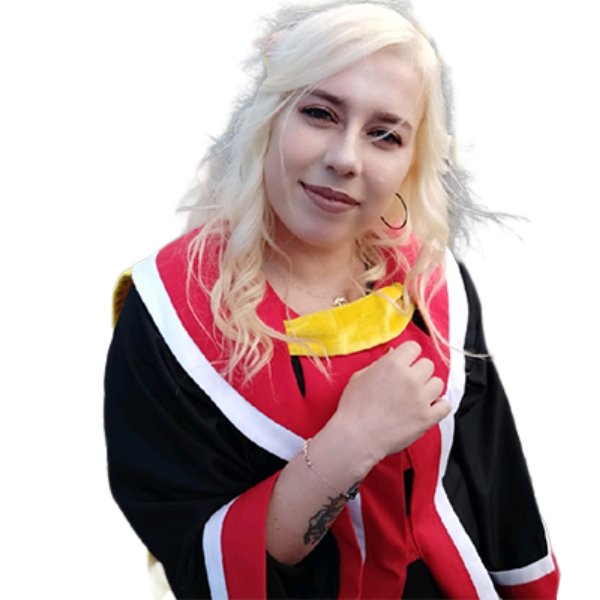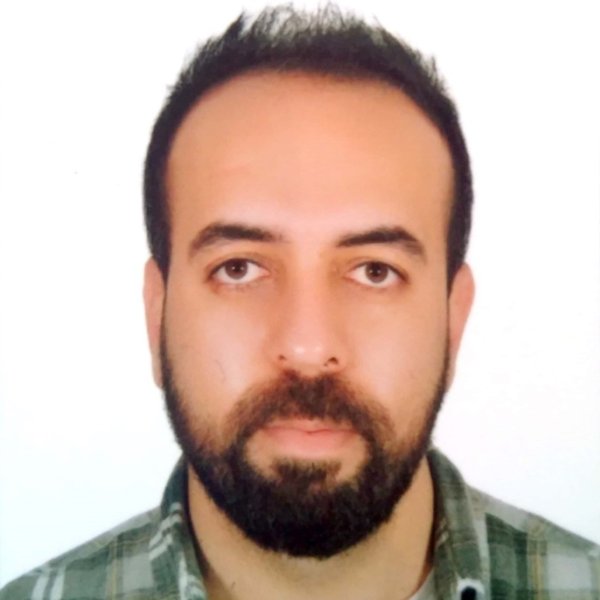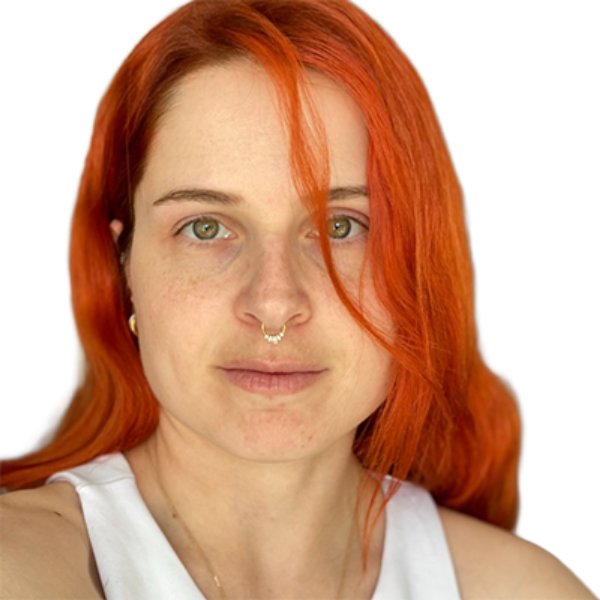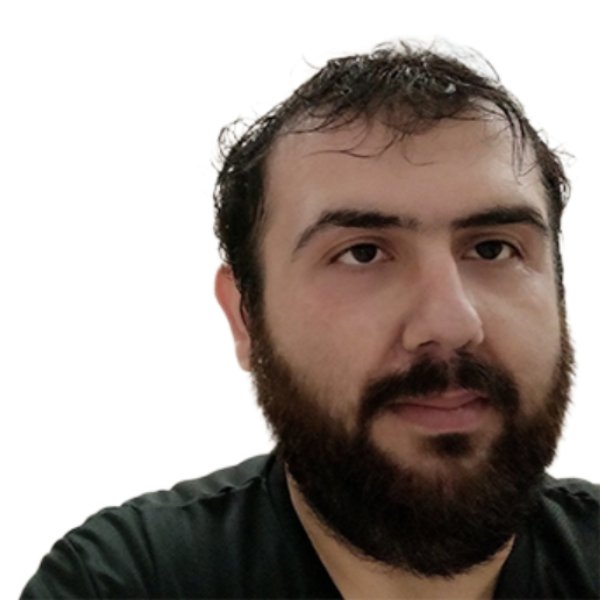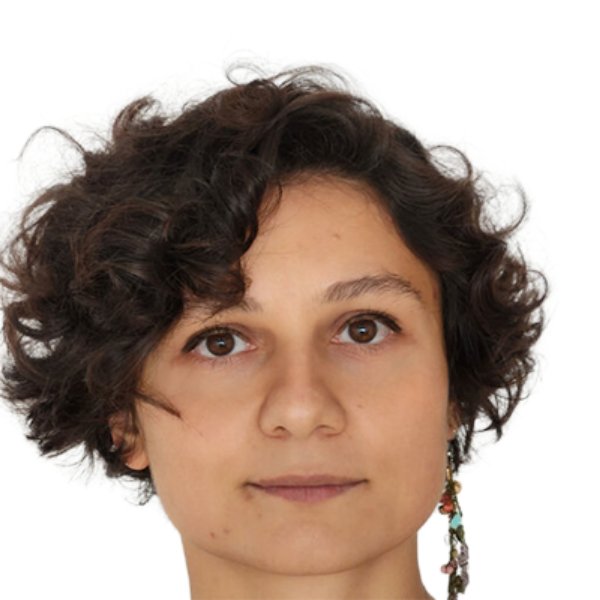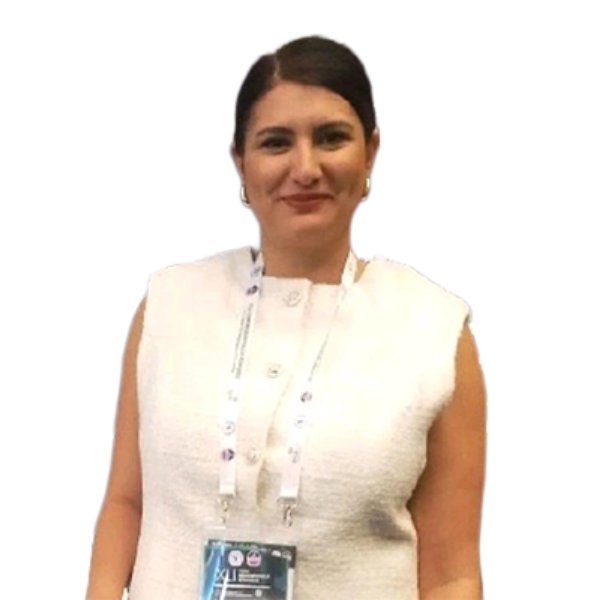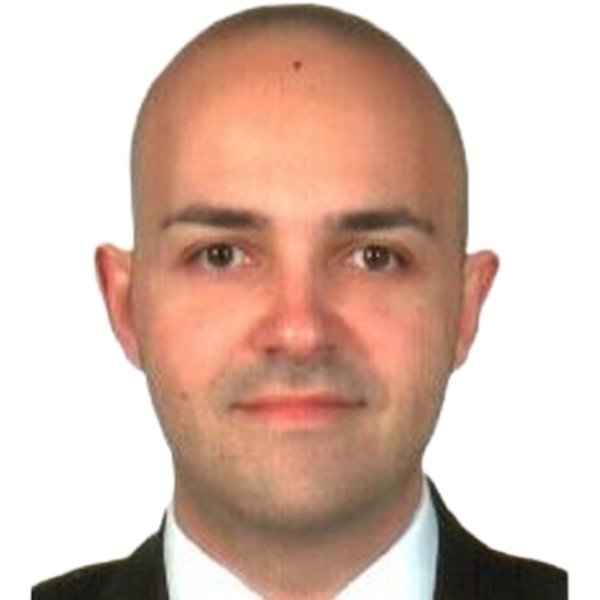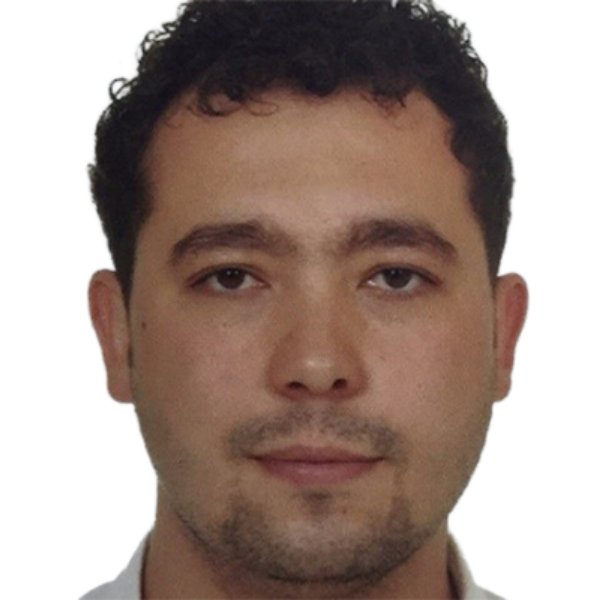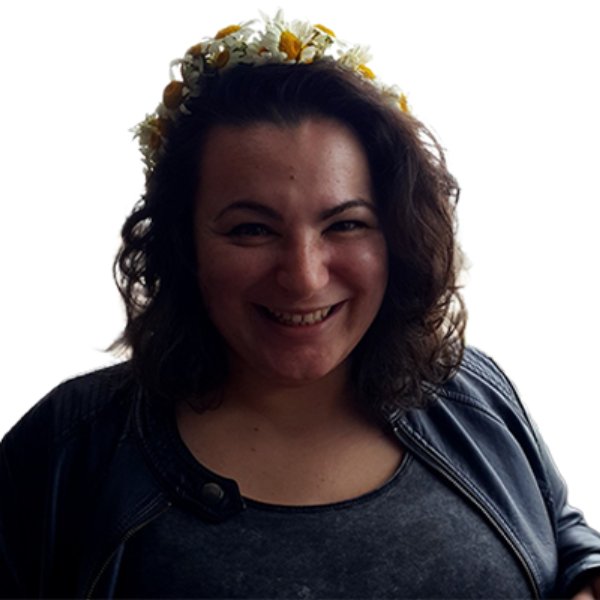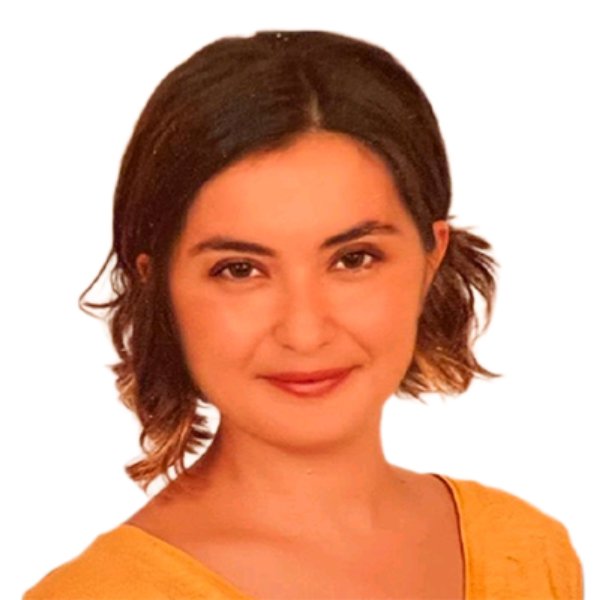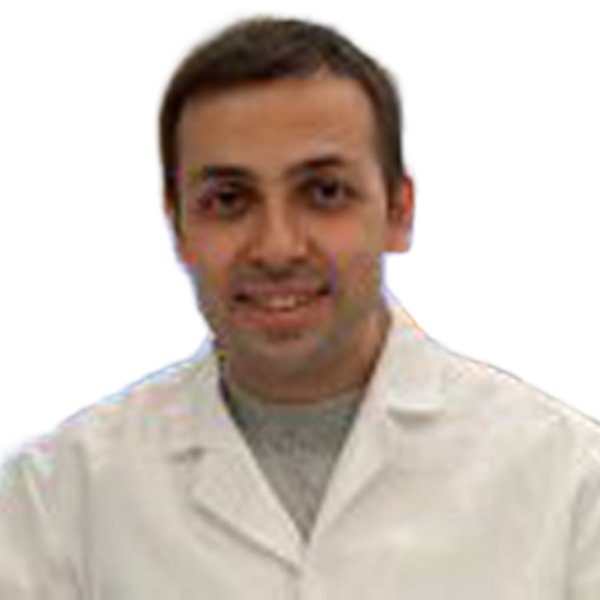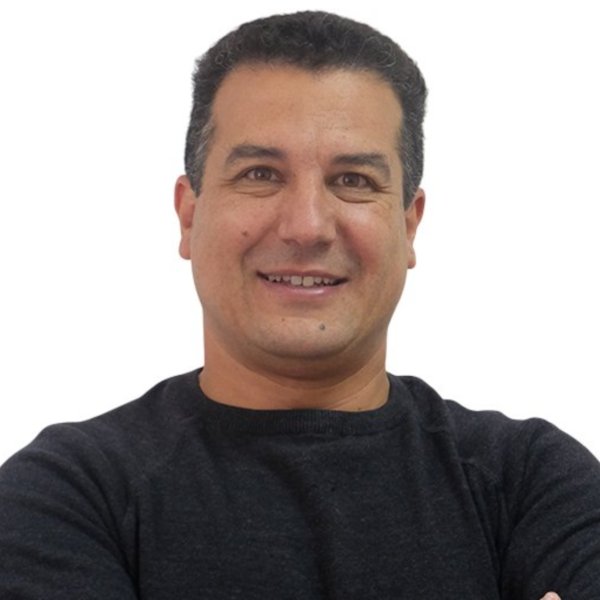
Dr. Çağdaş Devrim SON is a Professor in the Department of Biological Sciences at Middle East Technical University. During his undergraduate and postgraduate studies at METU, his interest in molecular biology, biochemistry, organic chemistry and microbiology has led to his work in structural biology. During PhD studies, he worked on the interaction of peptide ligands with G protein-coupled receptors (GPCRs). During these studies, he has gained experience in many molecular and biochemical techniques such as western blot, chemical and photoactive cross-linking, mass spectrometry, site directed mutagenesis and fluorescence microscopy. He continued his post-doctoral studies at the University of Tennessee and California Institute of Technology for over four years, working on protein-protein interactions and analysis of these interactions. During this time he intensified his work on new methods to understand the interactions of cell membrane proteins with each other, with other proteins and with small peptide ligands.
In 2009 he start working at Middle East Technical University, currently his work focuses on the identification of motifs that play important roles in protein-protein interactions by applying rapidly developing fluorescence microscopy, bioinformatics and computational biology techniques.
Education & Training
-
Postdoctoral Research
California Institute of Technology
[06/2006 - 01/2009]
Nicotinic Acetylcholine Receptors, Confocal Microscopy
-
Postdoctoral Research
University of Tennessee, Knoxville, TN
[01/2005 - 05/2006]
Receptor ligand interactions (GPCRs)
-
Ph.D. in Biochemistry
University of Tennessee, Knoxville, TN
[08/1999 - 12/2004]
-
M.Sc. in Microbiology
Middle East Technical University, Ankara, Turkey
[09/1997 - 06/1999]
-
B.Sc. in Biology
Middle East Technical University, Ankara, Turkey
[09/1993 - 06/1997]
Minor in Organic Chemistry
Research Areas

Orkun CEVHEROĞLU
Research Professor (Asst. Prof.)
Department of Stem Cell and Regenerative Medicine
cevheroglu@ankara.edu.trAffiliated With:
Dr. Orkun Cevheroğlu is a Research Collaborator in our lab and an Assistant Professor at Ankara University, Stem Cell Institute, Department of Stem Cell and Regenerative Medicine. His research focuses on neurosciences, biophysics, and biochemical research methods, with a particular interest in G protein-coupled receptors (GPCRs) and their signaling pathways. His work primarily investigates the structural and functional aspects of GPCRs, their oligomerization states, and their roles in cellular signaling, with significant contributions to understanding adhesion GPCRs and their implications in various physiological processes.
Education
-
Ph.D. in Biotechnology
Middle East Technical University
2009 - 2015
-
M.Sc. in Chemistry
Middle East Technical University
2002 - 2005
-
B.Sc. in Chemistry
Middle East Technical University
1998 - 2002
Research Areas
PhD Students
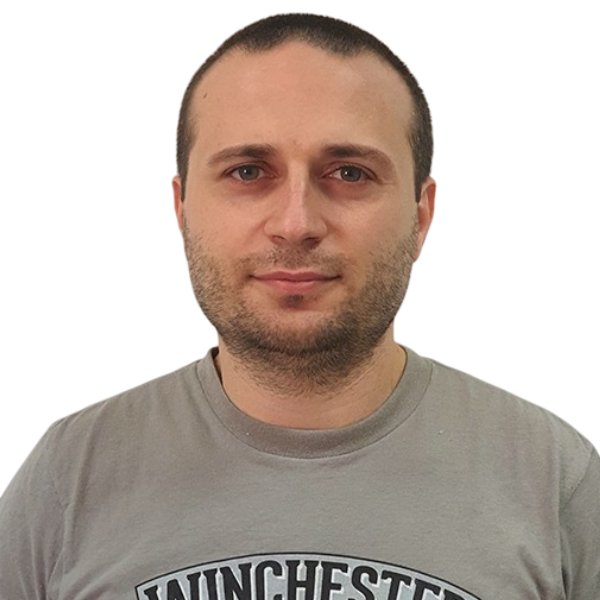
Onur Baloğlu completed his undergraduate studies in Molecular Biology and Genetics at Middle East Technical University and Electrical and Electronics Engineering at Atılım University. Following his master's degree in Bioinformatics at METU, he spent a year as a visiting researcher at Harvard University in the Department of Biomedical Informatics, studying 3D chromosome organization. Focusing on computational biology in his academic work, Onur has conducted research on Hi-C, RNA-seq, transcriptomic analyses, developmental processes, and the biology of aging. He is currently developing and applying computational biology methods in his doctoral studies. Adopting an interdisciplinary approach, he aims to integrate bioinformatics, systems biology, and genomic data with engineering principles. His long-term goal is to analyze the complex mechanisms of biological systems through high-dimensional data, while also exploring bioengineering and computational technologies inspired by his background in electrical and electronics engineering. Through this integration, he seeks to generate innovative approaches and new insights in computational biology and biomedical research.
Research Areas
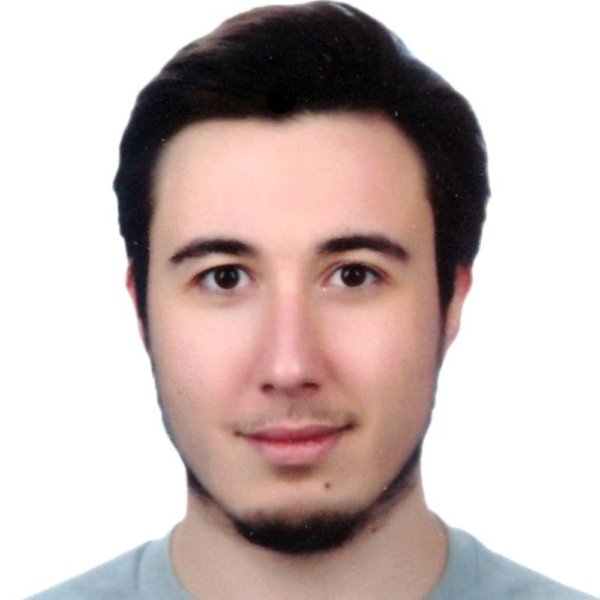
He was sophisticated with a heavy emphasis on cellular biology, genetics, and biochemistry. He studied both Molecular Biology and Genetics and Chemistry at Middle East Technical University (METU). Then, he studied Chemistry and Life Sciences Master of Science program at both Paris Science and Lettres (PSL) and Sorbonne University in Paris. Throughout his education, he has studied on β2-Adrenergic receptor (β2AR) regulation by β-Arrestin-2, mechanistic study on autophagy for cellular aging and cancer, lncRNA-protein interaction which leads to cellular stress responses, Rloop dynamics in dosage compensation and RNA splicing, and now, G-protein interactions and KRas dimerization as a part of his PhD study. His Master’s studies have reinforced his interest in integrating not only chemistry but also positive sciences into biology with an interdisciplinary understanding. His primary motivation is improving himself, not only by answering but also raising proper questions.
Research Areas

Deniz Çabuk completed his B.Sc. in Biology with a minor in Chemistry at Middle East Technical University (METU) and earned his M.Sc. in Biology in December 2024. His master’s research focused on investigating the anti-angiogenic effects of the antidepressant drug imipramine on glioblastoma (T98G) cells, with an emphasis on VEGF-mediated pathways. During his graduate studies, he gained hands-on experience in cell culture, molecular cloning, protein analysis, and angiogenesis assays. His academic and research interests include cancer biology, drug repurposing, and the molecular mechanisms of tumor angiogenesis and progression. Outside of his academic work, Deniz pursues personal interests in fitness, cooking, mixology, travelling, and music.
Research Areas

Zübeyir is a versatile researcher pursuing a PhD in Biochemistry, specializing in fullerenol derivatives for BBB-crossing drug delivery, neuroimaging, and enzyme mimicry. With Bachelor's degrees in Molecular Biology and Genetics (with a minor in Mechatronics) and Mechanical Engineering, he integrates biology, chemistry, and engineering. As a researcher in METU's labs, he functionalizes nanoparticles, conducts cytotoxicity assays, evaluates neuroprotective effects, and develops automated FRET pipelines for molecular interaction analysis using confocal microscopy and programming tools like Python. He has volunteered in STEM education and presented at international conferences. You can find him tinkering with the microscope in the lab — if not, he’s most probably in the library at the Kasım Gülek Collection, indulging in old books.
Research Areas
MSc Students

Betül graduated from Middle East Technical University with a degree in Molecular Biology and Genetics in 2023. Following her graduation, she began her Master’s studies in the Son lab. Her research interests focus on the molecular mechanisms of cell signaling, particularly the role of protein-protein interactions in regulating downstream pathways. During her undergraduate and graduate projects, she worked with heterotrimeric G proteins and Kras, investigating how dimerization events influence MAPK and PI3K/AKT signaling cascades. To explore these interactions, she employs molecular cloning, qPCR, and Western blotting.
She is particularly interested in how disruptions in these interactions affect signaling bias, with the long-term goal of identifying molecular targets for therapeutic intervention. Beyond the lab, she enjoys cycling, baking, and dancing.
Research Areas

Soha Wasim completed her undergraduate studies in Molecular Biology and Genetics at Bilkent University in 2022. She began her graduate studies at METU in 2023, continuing in the same department.
Since joining Son Lab, she has been working on projects involving the interactions between Kras and heterotrimeric G-alpha proteins. Currently, she is investigating the heterodimerization of point-mutated Gnai1 with dimerization-deficient Kras protein. She employs molecular cloning methods, confocal imaging, and FRET.
By mutating critical residues on Gnai1, she aims to create a set-up in which mutant KRas, which is homodimerization-deficient, is made to heterodimerize with Gnai1. Her hobbies outside the lab include weight-training at the gym, creative writing, and dancing.
Research Areas

Pardis Safarnezhad is a Cellular and Molecular Biology and Genetics master student under the supervision of Professor. Çağdaş Devrim Son with a background in molecular biology of neurodegenerative diseases. Working at Genome CanSyL lab, she is devoted to determining the molecular causes of apoptosis in age-related and neurodegenerative diseases like Alzheimer’s disease.
Research Areas

Ece Odabaşı completed her undergraduate studies in Molecular Biology and Genetics at Başkent University, graduating in 2022 as the third-ranked student. In 2023, she began her master’s studies in the Department of Biotechnology at Middle East Technical University.
Her current research, conducted under the supervision of Çağdaş Devrim Son in collaboration with Medipol University, focuses on GPCR–arrestin interactions in the presence of small molecules, investigated through proteomic approaches. By applying protein-based experimental strategies and mass spectrometry techniques, she aims to map these interactions and provide insights into the regulation of signaling pathways and their molecular dynamics.
Her main motivation is to deepen the understanding of protein interaction mechanisms and contribute to drug discovery processes through these findings. Alongside her academic work, she practices pilates, which enhances discipline and focus, enabling her to maintain a balance between scientific productivity and personal well-being.
Research Areas
Special Project Students (Fall 2025)
Alumni
We are proud of our former lab members and their contributions to our research. Click on a year to view alumni.








